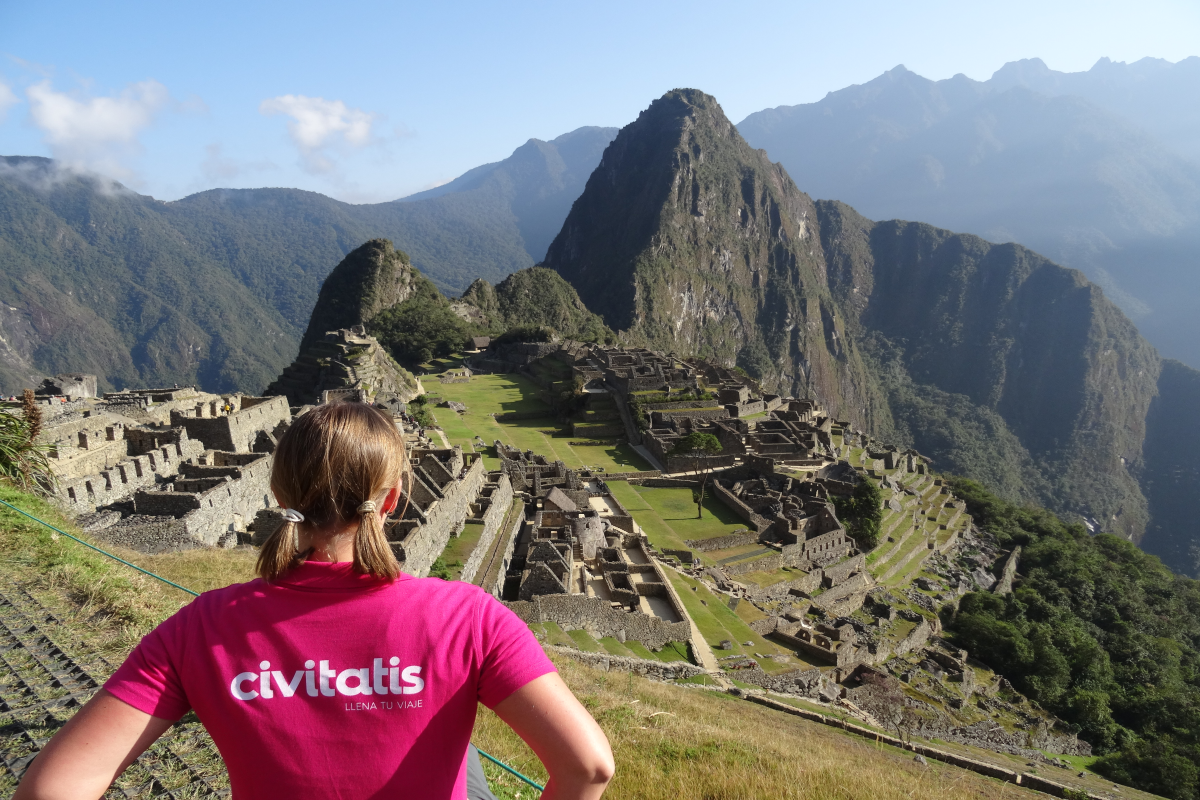Civitatis, an online travel agency specializing in tours and attractions, said it had found whitespace to compete against bigger players like Viator and GetYourGuide by targeting speakers of Spanish, the most widely spoken first language after Mandarin.
So far, in 2023, Civitatis has catered to over 9 million travelers, marking a 31% increase year-over-year.
Private equity firm Vitruvian Partners liked the Madrid-based company’s ambitions in Europe and Latin America enough to invest about $109 million (€100 million) last year. Vitruvian specializes in investing in high-growth companies.
CEO Alberto Gutiérrez said the company’s biggest revenue driver has been from the offerings of Spanish-speaking tour operators. The company’s most popular destinations include New York, Japan, and major European cities like Rome, Paris, and Madrid.
Civitatis has grown its offerings from 29,000 experiences in 2019 to 87,000 in 2023. In the past four years, it’s nearly doubled its Spanish-speaking suppliers to over 6,000. (It also offers some English-language tours.)
Combating Decision Fatigue
Unlike competitor online travel agencies Despegar, GetYourGuide, and Viator, which offer a wide selection of choice in English or other translated languages, Gutiérrez said Civitatis “focused on quality and relevance in Spanish.”
The logic is that streamlining the decision-making process for its customers will help reduce “decision fatigue” and increase sales.
Gutiérrez said Civitatis, which has about 300 staffers, works with a network of top suppliers to ensure tailored customer experiences, a challenging endeavor in non-Spanish speaking markets due to a scarcity of quality Spanish-speaking suppliers.
Over the years, the company has strived to find Spanish-speaking guides in diverse locations, such as Livingstone in Zambia, home to Victoria Falls.
For every, say, 20 variously priced tours available for the Alhambra in Granada, Civitatis would assess each tour’s viability, pricing, inclusions, and exclusions to select the best supplier, explained Gutiérrez. This selective process aims to ensure customers receive the best possible experience without the hassle of comparing numerous, potentially confusing options.
The fragmented tours and activities market, with 70% of operators offline, presents a further opportunity for Civitatis, with more than 586 million Spanish speakers worldwide.
Other players with a heavy customer base outside of English speakers include Southeast Asia’s Klook, France’s Ceetiz, and Jochen Schweizer Mydays Group in Germany.
Civitatis Skirts the U.S. Market
While the U.S. has about 60 million Spanish speakers, Gutiérrez said the company’s growth in North America was limited due to a shortage of quality Spanish-speaking tour operators and “really expensive” marketing costs.
“We cannot grow much more because in current times, every year, about 500,000 Spaniards are traveling to New York, and we sell about 300,000 tickets, so we sell tickets to almost everyone traveling to New York from Spain,” said Gutiérrez.
Gutiérrez said Spanish speakers traveling internationally generated the most revenue per booking. Yet he said Civitatis has seen a significant increase in customer numbers, mainly because Spanish speakers are taking local trips within their own countries.
“We don’t have a specific big plan for the U.S. as we have for Argentina, Mexico, Colombia, and Brazil — our focus markets — so we’re starting this year to work with them,” said Gutiérrez. “We want to have local destinations because it’s important for creating our brand.”
The Bigger Latin American Opportunity
“It’s nonsense that a Mexican can go to New York and book with us, but then we don’t have tours in Acapulco [for domestic Mexican travelers],” Gutiérrez said, explaining his company’s focus on filling out the map with supply.
Civitatis recognizes that despite sharing Spanish as a first language, the cultures of Mexico, Argentina, and Colombia differ significantly. To effectively market in these diverse countries, Civitatis employs country managers who tailor advertising campaigns to local contexts, including airports, and engage travel agencies and attend conventions to promote the brand. The company is also exploring opportunities in Brazil, where there is no dominant player in Portuguese-speaking tours.
“In Spain, we have more than 1,000 destinations, and we want [to have] the same in Mexico, Argentina, and Brazil — our focus countries,” Gutiérrez said.
Subscribe to Skift Pro to get unlimited access to stories like these
{{monthly_count}} of {{monthly_limit}} Free Stories Read
Subscribe NowAlready a member? Sign in here
Subscribe to Skift Pro to get unlimited access to stories like these
Your story count resets on {{monthly_reset}}
Already a member? Sign in here
Subscribe to Skift Pro to get unlimited access to stories like these
Already a member? Sign in here
